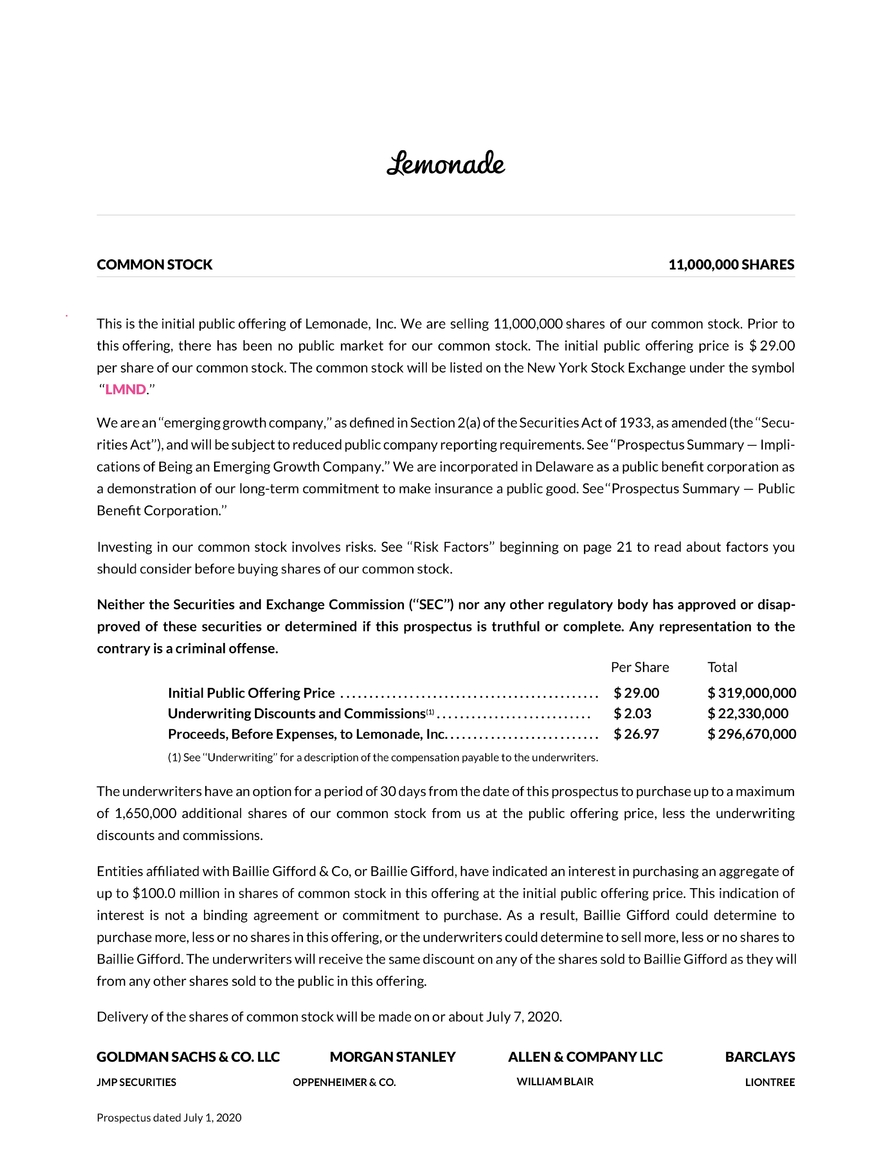What Happens When You Pay off a Promissory-Note? Discover the Untold Consequences!
When you pay off a promissory note, the debt is fully cleared, and the borrower no longer owes any money to the lender. This action effectively terminates the legal obligation and can provide a sense of relief and financial freedom.
It also helps improve your credit score and financial standing, as the debt is considered satisfied and no longer appears as outstanding on your credit report. Paying off a promissory note signifies the successful completion of the loan agreement, highlighting the importance of fulfilling financial commitments and maintaining a positive credit history.

Credit: www.coleyharvey.com
Impact On Credit Score
Paying off a promissory note can have a positive impact on your credit score. It shows that you’ve fulfilled your financial obligation, which can improve your credit standing and make you a more attractive borrower to future lenders. This responsible financial behavior can enhance your overall creditworthiness.
Impact on Credit Score When you pay off a promissory note, it can have both immediate changes and long-term effects on your credit score. Understanding how this financial action impacts your credit is crucial for managing your overall financial health. Let’s explore these aspects in more detail.Immediate Changes
Paying off a promissory note can trigger some immediate changes to your credit score. Here’s what you can expect: 1. Decrease in Outstanding Debt: Paying off a promissory note reduces your overall debt burden, which can have a positive effect on your credit score. Your credit utilization ratio, the percentage of available credit you’re using, will decrease, potentially leading to an improved score. 2. Timely Repayment History: Paying off a promissory note demonstrates your ability to responsibly manage and repay your debts. This positive payment history can increase your creditworthiness and provide a slight boost to your credit score. 3. Closing an Account: When you pay off a promissory note, the associated account is typically closed. While this does not have an immediate impact on your credit score, it can affect your credit mix, which refers to the types of accounts you have. A diverse credit mix is beneficial for your credit score, and closing an account may reduce this diversity.Long-term Effects
In addition to the immediate changes, paying off a promissory note can have long-term effects on your credit score. Here are a few considerations: 1. Length of Credit History: The length of your credit history plays a significant role in determining your creditworthiness. Paying off a promissory note, especially if it’s one of your oldest accounts, can shorten your credit history, which might negatively impact your credit score. However, this effect is typically minimal if you have other well-established credit accounts. 2. Credit Mix: Over time, closing a promissory note account can impact your credit mix. Lenders prefer to see a balanced mix of credit accounts, including revolving credit (credit cards) and installment accounts (like a promissory note). If you’re left with only credit cards after paying off your promissory note, it could reduce the diversity of your credit mix. 3. Financial Stability: Successfully paying off a promissory note indicates financial stability and responsible financial management. This can positively influence your creditworthiness in the long run and potentially lead to improved credit opportunities, such as lower interest rates or higher credit limits. In conclusion, paying off a promissory note can have immediate changes and long-term effects on your credit score. While there may be some minor fluctuations in the short-term, maintaining a healthy credit mix, making timely payments, and managing other credit accounts responsibly will contribute to a positive long-term impact on your creditworthiness.Financial Freedom
Paying off a promissory note is a significant accomplishment that brings a sense of financial freedom. When you finally make that last payment, you free yourself from the burden of debt and open up a world of opportunities. In this article, we will explore the various aspects of achieving financial freedom by paying off a promissory note, including its impact on your debt-to-income ratio and the potential for new investment opportunities.
Debt-to-income Ratio
Paying off a promissory note can have a positive effect on your debt-to-income ratio. This ratio measures the percentage of your monthly income that goes towards debt payments. The lower your debt-to-income ratio, the better your financial standing. When you pay off a promissory note, you eliminate a significant debt obligation, reducing the amount of money you owe each month.
A lower debt-to-income ratio can have several benefits. For starters, it improves your creditworthiness, making it easier for you to access future credit and secure favorable interest rates. It also gives you more flexibility in managing your finances since a smaller portion of your income is tied up in debt payments. You can use this extra money to save, invest, or improve your quality of life.
Opportunities For Investment
Paying off a promissory note opens up new opportunities for investment. By eliminating debt, you free up financial resources that can be redirected towards assets that generate income or appreciate in value. Let’s explore some possible investment avenues:
- Stocks and Bonds: Investing in stocks and bonds can provide a way to grow your wealth over time. With the money that was previously dedicated to paying off your promissory note, you can now invest in diverse portfolios that align with your financial goals and risk tolerance.
- Real Estate: Paying off a promissory note may allow you to consider investing in real estate properties. Whether it’s purchasing a rental property or investing in real estate investment trusts (REITs), real estate can provide both passive income and potential appreciation.
- Business Ventures: With your newfound financial freedom, you may feel empowered to pursue entrepreneurial endeavors or invest in existing businesses. This could include starting your own business, buying into a franchise, or becoming an angel investor.
- Education and Personal Development: Investing in yourself is always a wise choice. Consider using the money previously allocated to debt payments to further your education or develop new skills. This can increase your earning potential in the long run.
Remember, before making any investments, it’s essential to conduct thorough research and seek advice from financial professionals to ensure you make informed decisions.
Legal Considerations
When it comes to paying off a promissory note, there are important legal considerations that must be taken into account. Understanding the release of lien and the necessary documentation is crucial to ensure a smooth and legally sound process.
Release Of Lien
When you pay off a promissory note, the lender will release the lien they hold over the property or asset in question. This step is essential to clear the title and ensure that the property can be freely transferred or used as collateral for future loans. The release of lien demonstrates that the debt has been satisfied and the lender no longer has a claim against the property. It’s important to verify that the release of lien is properly documented and recorded with the relevant authorities.
Documentation
Upon paying off a promissory note, it’s vital to obtain and organize all the necessary documentation. This typically includes the original promissory note, a satisfaction of mortgage or deed of trust, and a release of lien. These documents serve as evidence that the debt has been fully repaid, and the borrower has fulfilled their obligations. Proper documentation is crucial to avoid any future disputes or complications related to the paid-off promissory note.

Credit: www.sec.gov
Emotional Relief
Paying off a promissory note is undoubtedly a significant financial accomplishment. However, it’s not just about the numbers and the potential savings that come with it. There is a deep emotional relief that accompanies paying off debt, which can have a profound impact on your overall well-being.
Stress Reduction
One of the immediate effects of paying off a promissory note is the reduction in stress levels. Debts can often weigh heavily on our minds, causing worry and anxiety. But when that burden is finally lifted, it’s like a breath of fresh air. The stress that once consumed you slowly starts to dissipate, allowing you to focus on other aspects of your life.
Improved Well-being
Not only does paying off a promissory note relieve stress, but it also contributes to an overall improvement in your well-being. Debt can have a significant impact on mental health, affecting sleep patterns, relationships, and overall happiness. By eliminating this financial strain, you open the door to a greater sense of contentment and peace of mind.
Imagine the weight being lifted off your shoulders, no longer having to constantly worry about making monthly payments or the fear of falling further into debt. The feeling of liberation that comes with paying off a promissory note is unparalleled. Suddenly, possibilities seem endless, and you regain control over your financial future. It’s a powerful experience that can ignite optimism and motivation in other areas of your life.
Furthermore, paying off debt allows you to redirect your hard-earned money towards achieving other goals and aspirations. Instead of sending payments to creditors, you now have the freedom to invest in yourself, whether that means starting a business, pursuing further education, or building an emergency fund for unforeseen circumstances.
In conclusion, paying off a promissory note is not just about the financial benefits, but also the emotional relief it brings. The reduction in stress and the improved well-being that follows can have a profound impact on your overall happiness. So, if you’re on the journey towards becoming debt-free, keep pushing forward. The emotional freedom that awaits you is well worth the effort.
Planning For The Future
Budgeting Strategies
Once you pay off a promissory note, it’s important to develop sound budgeting strategies to effectively manage your finances. Creating a budget helps you track your income and expenses, ensuring you allocate funds to cover your essential needs and save for the future.
| Budgeting Strategies |
|---|
| 1. Analyze your income and expenses |
| 2. Prioritize essential needs |
| 3. Set realistic financial goals |
| 4. Track your spending habits |
Saving And Investing
Saving and investing are essential steps to secure your financial future. When you pay off a promissory note, you can redirect the money that was previously allocated towards debt payments into savings and investments. This allows you to build an emergency fund, save for long-term goals, and grow your wealth over time.
- Types of savings: emergency fund, short-term goals, long-term goals
- Options for investing: stocks, bonds, mutual funds, real estate
- Consider consulting a financial advisor for personalized investment advice
By carefully considering budgeting strategies and exploring saving and investment opportunities, you can better plan for your future and make the most of the financial freedom that comes with paying off a promissory note.

Credit: www.sec.gov
Frequently Asked Questions Of What Happens When You Pay Off A Promissory-note?
What Happens When You Pay Off A Promissory Note?
When you pay off a promissory note, it means you have fulfilled your financial obligation to the lender. The note is marked as paid, and you no longer owe the debt. It’s a significant milestone that can improve your credit score and provide financial freedom.
Conclusion
Paying off a promissory note brings relief and financial freedom. It demonstrates responsibility and helps build a positive credit history. It also frees up funds for other purposes, such as saving for the future or pursuing new opportunities. Overall, paying off a promissory note is a wise financial decision with long-term benefits.
{ “@context”: “https://schema.org”, “@type”: “FAQPage”, “mainEntity”: [ { “@type”: “Question”, “name”: “What happens when you pay off a promissory note?”, “acceptedAnswer”: { “@type”: “Answer”, “text”: “When you pay off a promissory note, it means you have fulfilled your financial obligation to the lender. The note is marked as paid, and you no longer owe the debt. It’s a significant milestone that can improve your credit score and provide financial freedom.” } } ] }



